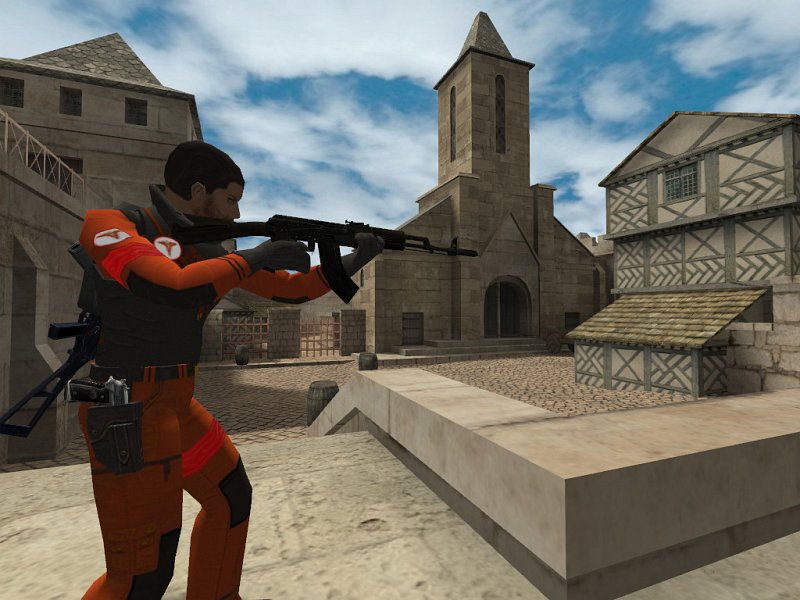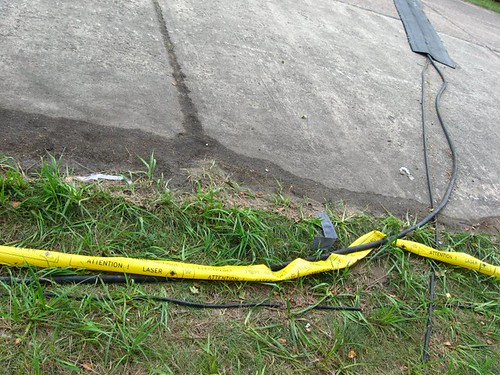
Once upon a time I started digging in search for good FPS game for Linux. I liked FPS games with more "reality" and tactics demands like Counter Strike. I used to play some dynamic FPS for 15 minutes instead of cup of coffee- in most cases it worked perfectly. I reviewed some game candidates and found something that matches perfectly. My choice is Urban Terror.
The game was made as a mod for Quake 3, and nowadays it has standalone version with installer and q3 engine within it. All game documentation and downloads could be found at official site www.urbanterror.net. Game is free, but has special license for Q3 engine.
You can play on many public servers as well as in local net if you run game on one host in server mode. There is also possibility to play with Q3 bots, but documentation says it's not supported. The game crashed quite often on my Windows XP laptop- but probably it is issue with bots and/or graphic chipset. Under Linux it works like a charm :).
Game is very dynamic, although sometimes it's better to use tactic and think before rushing. Wide choice of weaponry balanced with simple but quite "realistic" health, energy and wounding system makes game very playable. The game is rather popular so you can find interesting information on community sites.
I don't have much time to play games but sometimes it is real fun. Enjoy the game!
The game was made as a mod for Quake 3, and nowadays it has standalone version with installer and q3 engine within it. All game documentation and downloads could be found at official site www.urbanterror.net. Game is free, but has special license for Q3 engine.
You can play on many public servers as well as in local net if you run game on one host in server mode. There is also possibility to play with Q3 bots, but documentation says it's not supported. The game crashed quite often on my Windows XP laptop- but probably it is issue with bots and/or graphic chipset. Under Linux it works like a charm :).
Game is very dynamic, although sometimes it's better to use tactic and think before rushing. Wide choice of weaponry balanced with simple but quite "realistic" health, energy and wounding system makes game very playable. The game is rather popular so you can find interesting information on community sites.
I don't have much time to play games but sometimes it is real fun. Enjoy the game!

